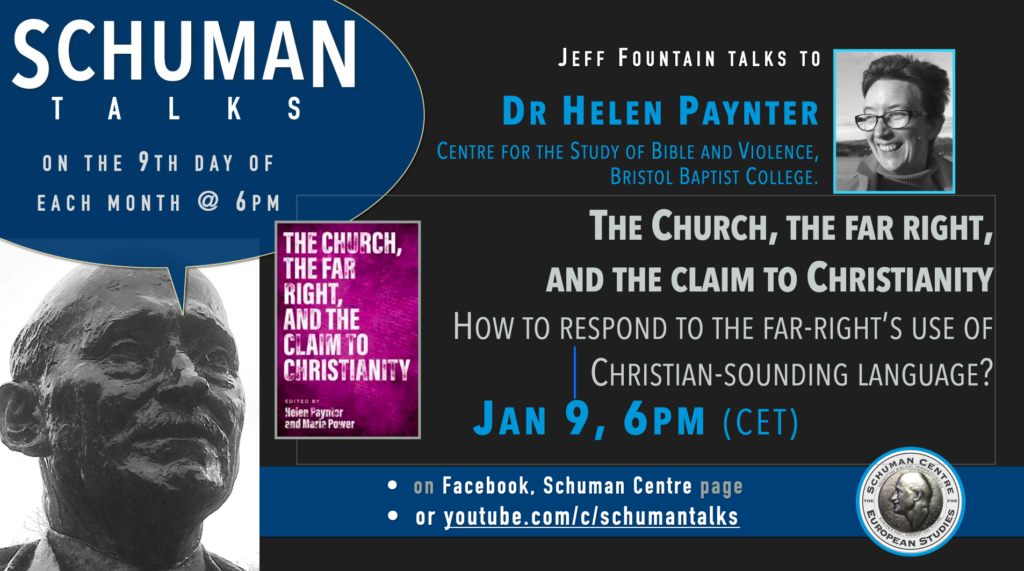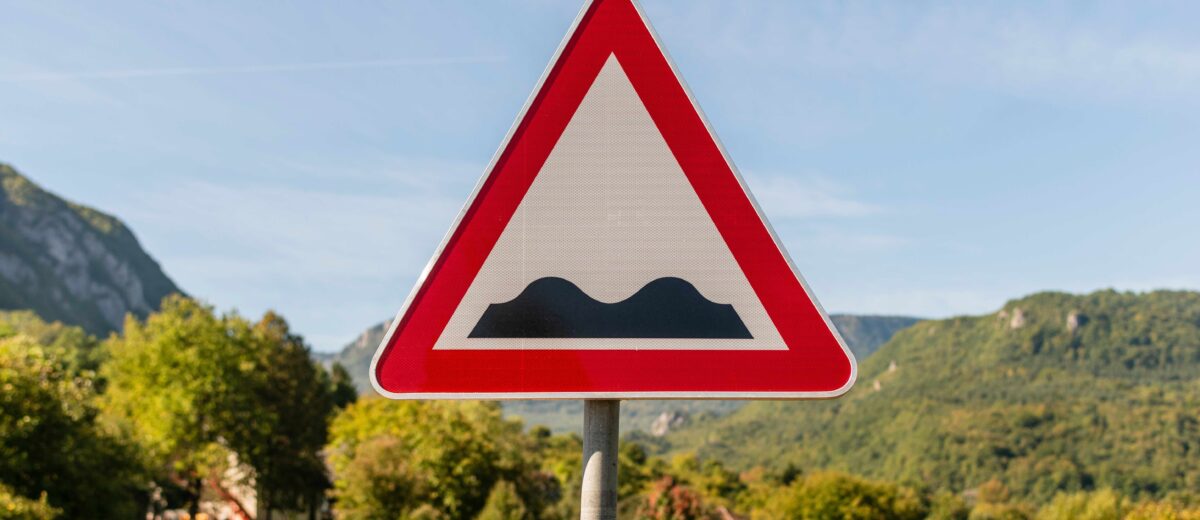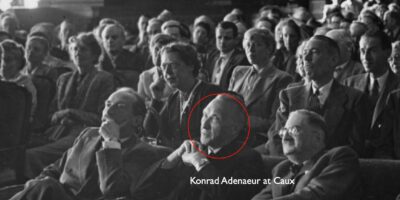Let’s face it folks. We are in for a bumpy ride this year.
But you already knew that. Pundits warn that we are heading back to the law of the jungle, a world where might is right and money manipulates. In the first week of this new year, the US president-elect, not yet even sworn in, made outlandish threats to assimilate Greenland, Canada and Panama with the same disregard for sovereign national borders as his Russian counterpart. To the delight of his Chinese counterpart who plans to do likewise with Taiwan.
The extravagantly rich owners of X and Meta social media platforms announced this week that they are ditching ‘factcheckers’, emboldened by the incoming US administration’s plan to remove online safety standards. This directly challenges the EU’s Digital Services Act, which regulates online content and augurs increased disinformation globally about elections, health, pandemics and armed conflicts. ‘Extremely dangerous times’ are foreseen for journalism, democracy and social media users.
Oh, and not to forget Mr X’s active meddling this week in upcoming German elections openly promoting the far-right AfD party. And that while Hollywood burns on our screens, we also learned that last year was the hottest ever recorded, with unprecedented heatwaves and heavy rainfall events, causing misery for millions of people and promising more to come.
And that’s just the first week.
We’re told we’re entering a uniquely dangerous period of world history, on par with the 1930s and the early Cold War. US policy will hang on the whim of one unpredictable and unprincipled man. Meanwhile Russia will ramp up cyberattacks, disinformation and election interference seeking to improve its negotiating position in ‘peace’ talks. Ukrainians dangle between fear and hope, dependent on the mood in Washington. Iran’s weakness and Israel’s ultra-right governmental policies render the Middle East potentially explosive in 2025. The US and China will export economic disruption to everyone else this year, hindering global economic recovery.
In Europe, the polarised political climate will continue. Democratic erosion, discriminatory nationalism, white supremacy, conspiracism and anti-semitism (or rampant Zionism) often go together with the cynical use of Christian-sounding themes of ‘defending our Judeo-Christian heritage’, ‘strengthening family values’ and ‘cleaning up moral depravity’. As with Putin, Orban, Farage and Wilders, for example.
How to respond?
Concern about how to respond to the far-right’s claim to Christianity prompted Baptist theologian Dr Helen Paynter and her colleagues to call a one-day consultation with an international, inter-faith and interdisciplinary group of experts. Their book, The Church, the Far Right and the claim to Christianity records their deliberations and conclusions. Co-editor Helen was our guest on this month’s Schuman Talk, and offered ten recommendations to the British church, also relevant for Europeans everywhere.

Another really helpful book offering a Christian response to dogmatically secular liberalism on the one hand and anti-Islamic illiberal populism on the other is Christian hospitality and Muslim Immigration in an age of fear. I recently discovered this book by Dr Matthew Kaemingk of Fuller Theological Seminary and found it extremely insightful and constructive. Dr Kaemingk proposes that Christians, Muslims and liberal secularists can live in peace together and engage in conversation in the public square by following Abraham Kuyper’s theology of pluralism and hospitality. The Netherlands – perhaps once the most liberal and tolerant of all Western nations – is his main case study, having seen a rise in anti-Islamic populism in the 21st century. Dr Kaemingk will be next month’s Schuman Talk guest, to be online on February 9, 6pm CET, on www.youtube.com/c/schumantalks.
Also to address these and other challenges, we are planning the State of Europe Forum, in Warsaw, May 9 & 10, on the 75th anniversary of the Schuman Declaration on May 9, 1950. In my opinion, Schuman’s three-minute speech was the defining moment of post-war Europe, as it was the catalyst for European integration made possible by Christian-motivated forgiveness and reconciliation. The speech laid the foundations for the European house in which today 450 million Europeans live together in peace.
Details of speakers and location will be announced early next month in cooperation with the Polish Christian Forum of Catholic, Protestant and Evangelical leaders. A Parliamentary Prayer Breakfast is being planned to mark this anniversary on May 9, along with a European Studies Day to explore the role of the gospel in the making of Europe and in the shaping of the European project. Prayer walks through the old City, the infamous Jewish ghetto and the government district will precede a public commemoration of the Schuman Declaration and its significance. A full-day forum open to all interested follows on May 10 with plenaries and seminars exploring the challenge of being salt and light in turbulent times.
Save the dates and plan to join us in Warsaw!
Till next week,


